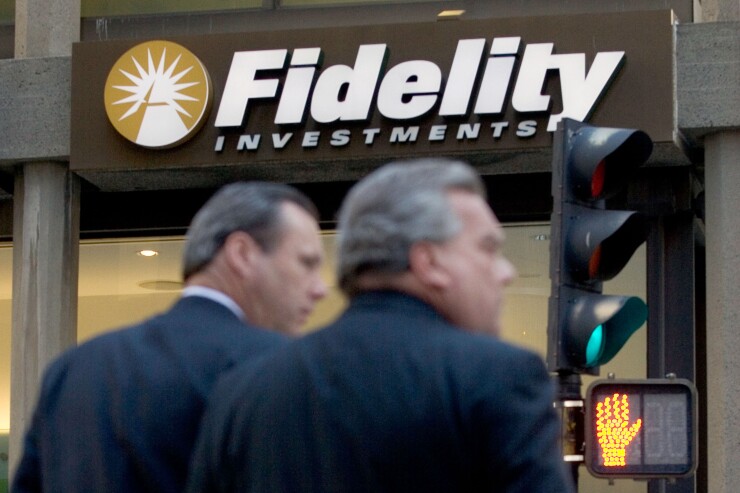Fidelity Institutional’s new platform is designed to be a one-stop shop for wealth management advisors.
The investment management organization’s newest advisor tool, Fidelity Managed Account Xchange or FMAX, promises to centralize many of Fidelity’s tools, programs, services, and investment products for easier workflow.
“FMAX will meet the needs of advisors related to two major trends we’re seeing in the industry – the accelerated movement towards planning-oriented practices and the growth of fee-based business models,” says Gary Gallagher, the head of investments and managed solutions for Fidelity.

There are over 30 million investors that use Fidelity with a total $6.7 trillion customer assets. Especially as demand for managed accounts grow, estimated from $5.7 trillion of AUM in 2017 to $8.1 trillion in 2020, the need for an integrated system becomes more urgent than ever.
What hinders firms are fragmented service models and platforms, according to
Fidelity offers three types of managed accounts: Fidelity Go, Portfolio Advisory Services, and Separately Managed Accounts. The accounts are tiered by asset size, providing robo advisors to anyone and financial advisors for clients investing at least $50,000. FMAX would allow advisors to better access different-sized client accounts, without ever leaving the platform.
-
The updates include access to the ultrahigh-net-worth portfolio management and customer relationship management systems.
April 26 -
Edmond Walters' new software, backed in part by Envestnet CEO Jud Bergman, is featured exclusively on the Logix and MoneyGuidePro platforms.
January 31 -
Firms that generate 75.5% profit margins are hiring, buying and automating, according to FA Insight.
June 6
An important part of FMAX is how it integrates eMoney Advisor, which currently serves 60,000 financial advisors, into the managed account system.
The new fintech will be open architecture, providing third-party services and products such as ETFs, mutual funds, and separately managed accounts. Envestnet and Fidelity’s Wealthscape will be available on the FMAX platform.
These integrations would “minimize the ‘swivel chair’ experience where an advisor needs to work across multiple platforms,” Gallagher says.
FMAX is expected to come out in 2020 and over time will be able to support both planning-oriented and non-planning managing account users.





